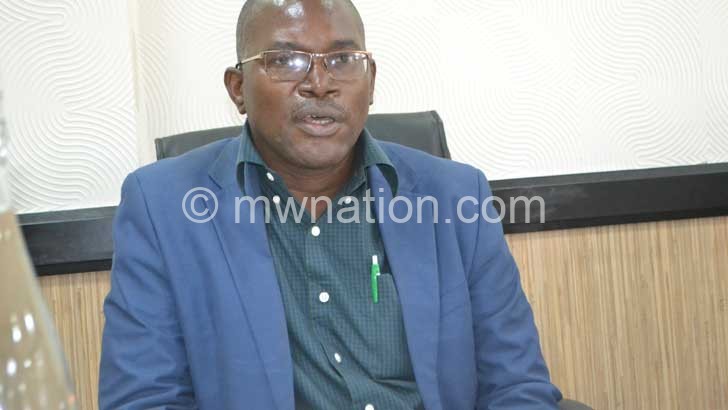Public procurement frustrates small businesses—group
Chamber for Small and Medium Enterprises Association says the delay to gazette regulations for the operationalisation of public procurement in line with domestic preference is frustrating small businesses.
The chamber’s executive secretary James Chiutsi said in a written response on Tuesday that for three years, small and medium enterprises (SMEs) have been waiting for the day when 60 percent of all contracts under National Competitive Bidding goes to indigenous black Malawians and 40 percent to others.
He said: “The guidelines are not gazetted yet having been passed by Parliament in 2017.

“Without a deliberate effort to help the local indigenous Malawians, it is not easy for them to make it in business. It is frustrating to see that the guidelines are not being implemented when this is supposed to give financial freedom to small-scale businesses.”
The preferential treatment provision is provided under Section 44 (10) of the Public Procurement and Disposal of Assets Act and mandates procuring and disposing entities to award 60 percent of all contracts under National Competitive Bidding to indegenous black Malawians and 40 percent to others.
While domestic preference is a long-standing provision in the country’s public procurement legal framework, the 60/40 provision is new as imbedded in the PPDA Act.
Under the draft 2020 Public Procurement and Disposal of Public Assets (Participation by Micro, Small And Medium Enterprises-MSME) Order, among others, a procuring and disposing entity shall, in every financial year grant a margin of preference to marginalised groups of 15 percent procurement of goods and services and 10 percent procurement of works.
In an earlier interview, Minister of Trade Sosten Gwengwe said that indigenous black Malawians are still losing out on public procurement despite regulation for preferential treatment, a situation that created glaring economic inequalities in the society.
He said that every national budget, the unequal sharing of procurement “national cake”’ has been so glaring.
In the 2019/20 fiscal year, Gwengwe said it is estimated that out of the K600 billion government procurement budget, less than 15 percent was taken up by indigenous black Malawians.





